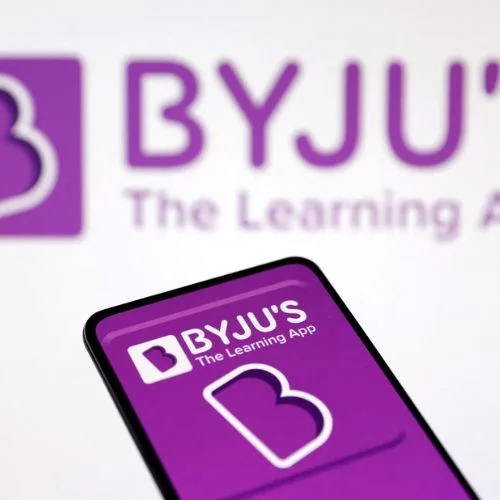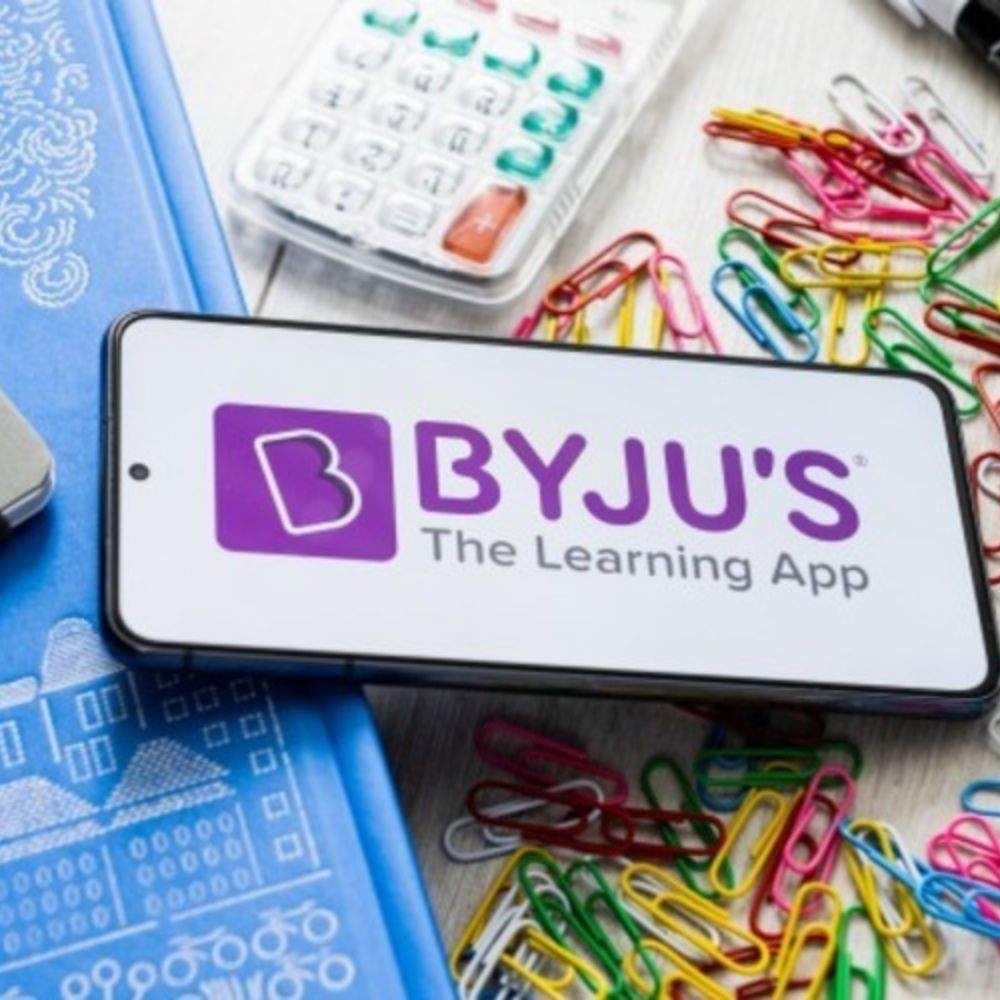Ed Tech helps educational institutions to reach out to a large number of learners and instructors at a time in a streamlined manner. Currently, online education has the lion’s share in the global education market and progressively is increasing flexibility and coming out with new technical ways of learning and assessment. Online examination systems and online admission systems are the topmost trends of 2021. Also, the past few years were backbreaking years for all educational bodies. Physical classes have been replaced by virtual classes, books accessed by digital content, and offline exams are replaced with online which has drastically escalated the huge demand for hybrid education. In 2022 the covid situation will continue to impact our lives in so many ways.
What Next?
In 2022, education will keep an eye on the broader tech areas that will impact the whole education system. These are some inevitable tech trends to look out for in India in 2022.
• Automatic Grading system
The automatic grading system is a cost-effective and smart grading process. Simply, we can say that automatic scoring is a quick system of grading complex assessments by machine. In upcoming years AI-based grading systems will become a trend due to their efficiency and accuracy. It allows instructors to quickly grade up the assignments and store the incorrect and correct results data for further evaluation and grading. After the concept of e-learning, the entire focus of the management is on the mainstream AI grading, along with accuracy, fairness is the prominent part that standardized the students’ progress.
• Virtual Reality (VR) and Augmented Reality (AR) in Education Technology
Virtual Reality and Augmented Reality technology enhance the experience of classrooms. These are the immersive way of sharing information and knowledge in a very engaging way that provides a virtual experience with some engaging tools in distance classroom learning. Across the country, educational bodies use Virtual Reality and Augmented Reality tools for science experiments, virtual shield trips, and others. In a survey in 2020 by Perkins Coie and the XR Association, respondents named education as the second most likely sector to be disrupted by immersive technologies shortly. These elements enhance the engagement experience with instructors and peers in cost-effective remote learning.
• Adoption of online proctored examinations
A proctored examination is a combination of traditional four-wall examination places with the ability to have remote invigilators. The system is the practice of invigilating online tests from anywhere in a fair and secure means. The online examination system integrated with online proctoring is one of the most remarkable trends of 2021. All one needs is to monitor through an audio mic, screen sharing, and web camera in real-time as they attend the online exam session.
Key features of remote Proctoring:-
• Verifies student ID
• Ability to conduct secure and reliable examination
• prevent and detect cheating
• Data storage and review
• Real-time monitoring
• Fairness in exams
• Saves Time
• Schedule online exams 24/7/365
• Blockchain-based skill /educational badges and certificates
Blockchain gives access and ownership to the students of their records and controls their academics. Blockchain is used to share and store academic records and credentials that can be time-consuming.
In the coming days, digital certificates, educational badges, and diplomas have become the topmost example of how blockchain can be used in education. Storing a diploma in blockchain allows students to own and manage their academics and achievements.
• AI-Driven Teaching Programs
AI-Driven teaching software provides additional support from tutors that enhance the students learning experience. It’ll help students to learn things from themselves for a more satisfactory result. In the early days, students will face some problems in adaptation, time management, and poor student support. In the coming days, high-powered AI-Driven teaching is hard to ignore as this will improve the learning experience for students.
Key Features of AI in teaching
• Additional support from AI tutors
• Provide helpful feedback
• Automate basic activities in education
• Make trial-and-error learning less intimidating
Authored by Manish Mohta, Managing Director, Learning Spiral















